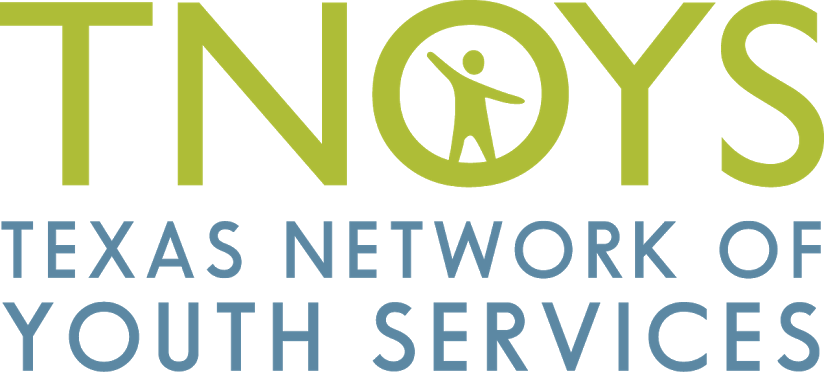The report shines a light on inequities for children, youth, and families that lack safety nets, social supports, and other critical resources
Texas has declared more major disasters than any other state in the country. Because of this, Texas’ most vulnerable youth and families are at particular risk of experiencing long-term impacts of disasters and emergencies if they lack the safety nets, social supports, and other resources needed to successfully recover.
The report highlights how natural disasters and emergencies like the COVID-19 pandemic have disproportionately impacted marginalized communities, and how existing inequities make it more difficult for them to access the resources they need to adequately cope and recover. Moreover, the COVID-19 crisis has made it more strenuous for service providers and other organizations responding to the current health emergency to properly support the populations they serve.
“There are critical intersections between resource and support networks, and community resilience that inform our recommendations to improve youth safety and well-being during and after emergencies,” said Fedora Galasso, Executive Director for TNOYS and a co-author for the report.
For the report, TNOYS spoke to young people who have been impacted by disasters or emergencies and professional stakeholders working in emergency response and youth services fields at the local, state, and national levels to better understand how they have been affected by natural disasters and emergencies.
Service providers share that:
- While some resources exist for providers to strengthen their services and improve their emergency response protocols, often they are not well-known or easy to access.
- More training is needed for service providers and other stakeholders to meet the current needs of their communities.
- Trauma impacts response and recovery, and communities need more mental health services to support recovery and foster resilience.
- Services operate in silos and barriers to collaboration exist.
Children and youth share that:
- An emergency can put their lives on hold and create major barriers to achieving their goals.
- Secondary needs, which encompass important social needs like spending time with friends and family, enjoying hobbies, etc., become deprioritized, but youth still long for normalcy and social connection.
- A consistent, caring adult to support youth and help them navigate their experiences is important.
- There is a lack of long-term support to help impacted communities fully recover.
- Communities need more mental health services that are accessible to all.
- Youth are optimistic about the future, and they have a strong desire to help others who go through similar experiences.
“Very little research exists that examines the lasting impact of emergencies and natural disasters on the lives of youth, and the report tells this story from the youth perspective. By shedding light on the needs, feelings, thoughts, and desires of youth and providers during and after a disaster or emergency, our recommendations identify opportunities for systems-level improvements,” said Ann-Charlotte Proffitt, Innovation Manager for TNOYS and a co-author of the report.
In order to improve child and youth safety and well-being during and after emergencies, TNOYS recommends:
- Offer widespread training opportunities for a diversity of audiences.
- Expand availability and accessibility of mental health services.
- Allow for flexibility in regulations and requirements.
- Prepare for emergencies before they occur.
- Promote youth resilience and success.
As the COVID-19 pandemic rages on and presents additional challenges to various communities, our report helps highlight the experiences of young people during these trying times and how service providers and organizations are responding to COVID-19 and the urgent needs created by the pandemic.
TNOYS continues to provide support, resources, and guidance as organizations assist young people during this time. For more information on how TNOYS aids youth-serving providers in responding to disasters and emergencies, email info@tnoys.org. Make sure to read the full report.
###
